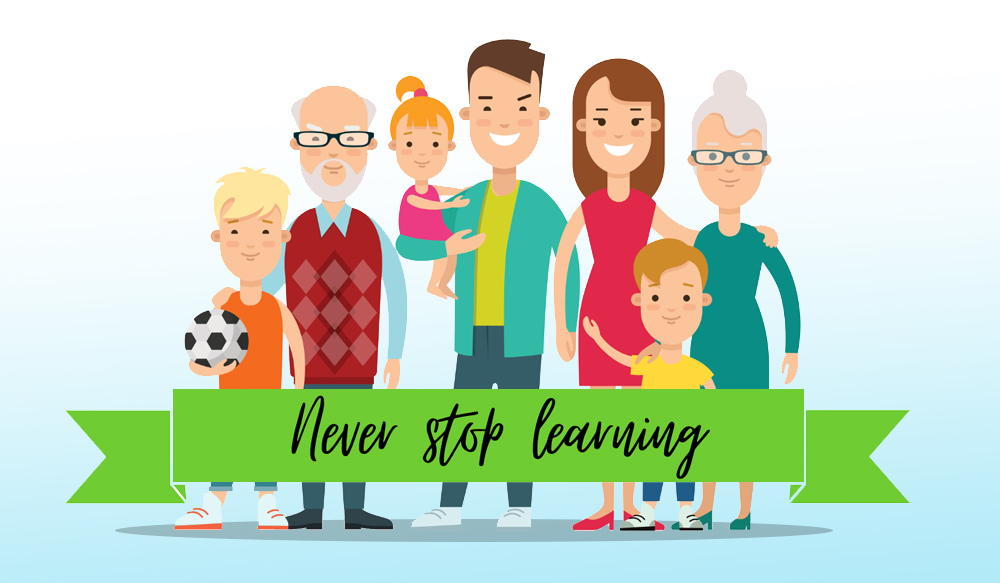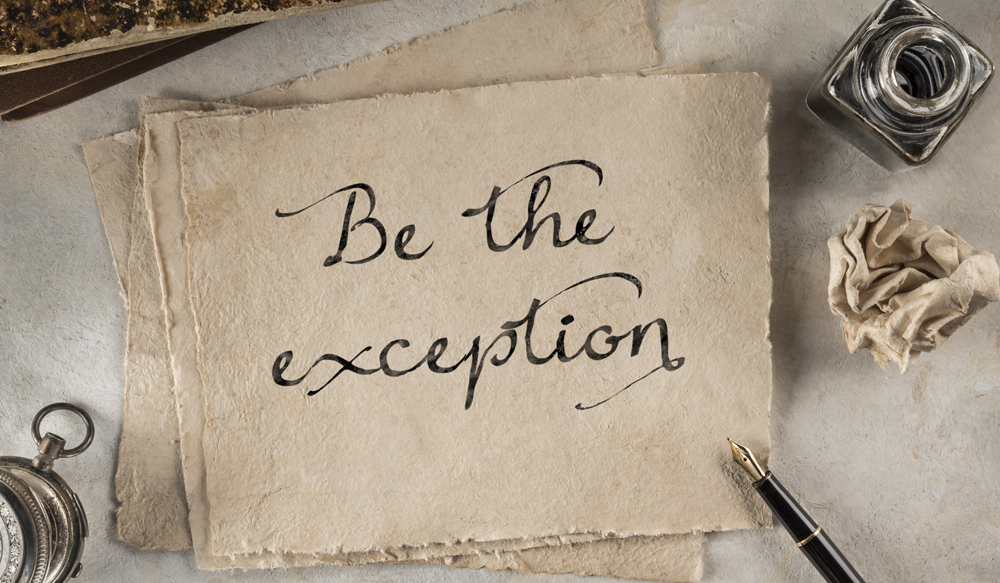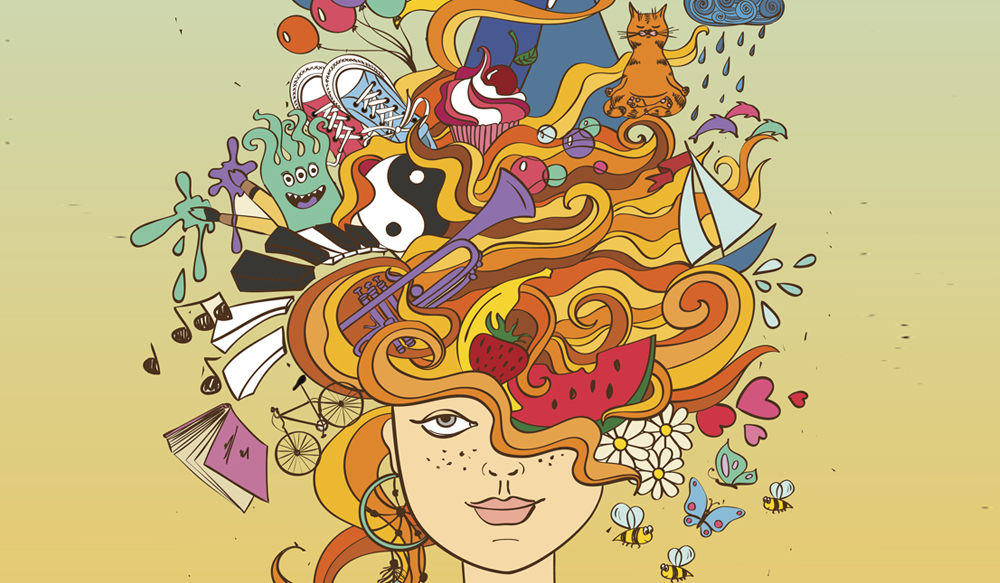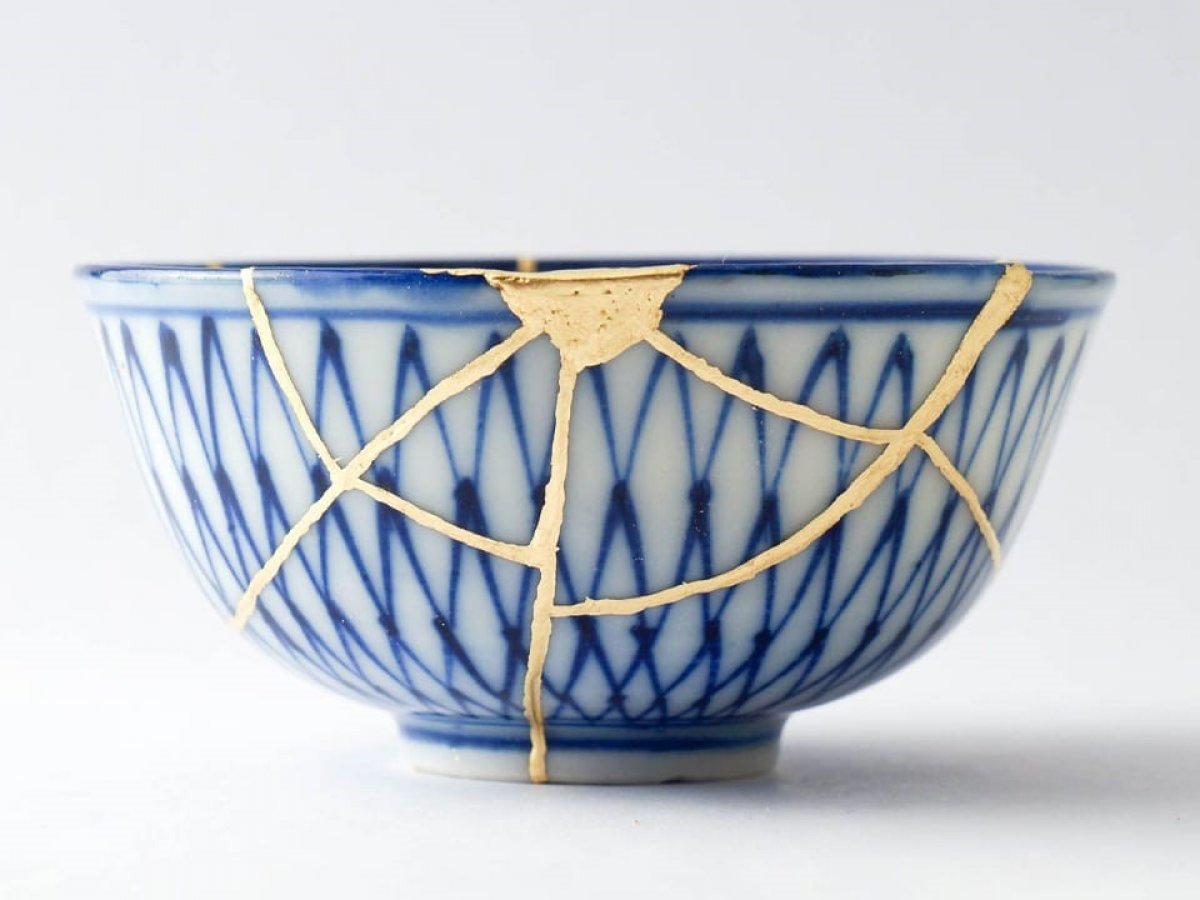Life Long Learning: By Accident or by Design?
The concept of lifelong learning has been a subject of much debate and exploration. Is learning a natural instinct, occurring by accident throughout our lives, or is it a deliberate choice made by humans to improve themselves and their understanding of the world? This discussion is reminiscent of the age-old nature vs. nurture argument, where the origins of certain traits are attributed to either inherent qualities or environmental influences. In the context of lifelong learning, the debate revolves around whether learning is an accidental by-product of our experiences or a consciously chosen path that offers numerous benefits or is it both?











